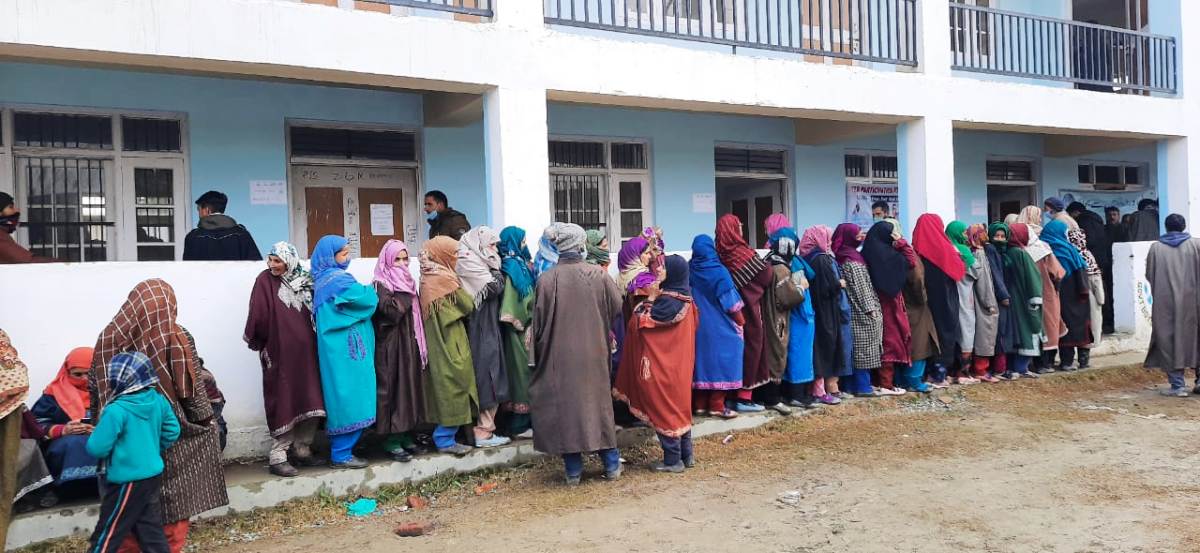SRINAGAR: A shocking revelation by the Centre shows that nearly 10,000 women have gone missing in Jammu and Kashmir between 2019 and 2021, with officials pointing to the excessive use of social media as a leading cause behind these cases.
The government of India disclosed in Parliament that from 2019 to 2021, a total of 9,765 women have gone missing from their homes in Jammu and Kashmir. Among them, 1,148 cases involved missing girls below the age of 18, while 8,617 cases involved women aged 18 and above.
The yearly data revealed that in 2019, 355 girls and 2,738 women went missing, followed by 350 girls and 2,701 women in 2020, and 443 girls and 3,178 women in 2021.
Comparatively, data from 2016 to 2018 indicated around 3,300 women reported missing in J&K, illustrating a threefold increase in the number of missing cases from 2019 to 2021.
The Government of India emphasised various initiatives taken to ensure women’s safety across the country. These included the enactment of the Criminal Law (Amendment) Act in 2013 to deter sexual offenses, and the Criminal Law (Amendment) Act in 2018, which introduced stringent penalties, including the death penalty for raping girls below 12 years of age. The government has also launched emergency response systems and cyber-crime reporting portals to address urgent situations and report inappropriate content.
The Ministry of Home Affairs (MHA) established the “National Database on Sexual Offenders” (NDSO) to assist law enforcement agencies in tracking sexual offenders.
Additionally, MHA launched the “Investigation Tracking System for Sexual Offences” to monitor time-bound investigations in sexual assault cases. To strengthen forensic analysis, DNA analysis units have been set up and upgraded in Central and State Forensic Science Laboratories.
The MHA approved projects to establish Women Help Desks in Police Stations and Anti-Human Trafficking Units nationwide, and advisories have been issued to aid states and union territories in dealing with crimes against women. The Ministry of Women & Child Development has also established One Stop Centres to provide comprehensive support and assistance to women affected by violence and distress.
Anonymous officials revealed that the rise in missing cases among women is primarily attributed to social media influence leading to elopement with strangers. They noted that weak family bonds and encounters with strangers on various social media apps are the primary reasons behind most cases.
There is a call for reevaluating the use of social media to address the situation. (KNO)















